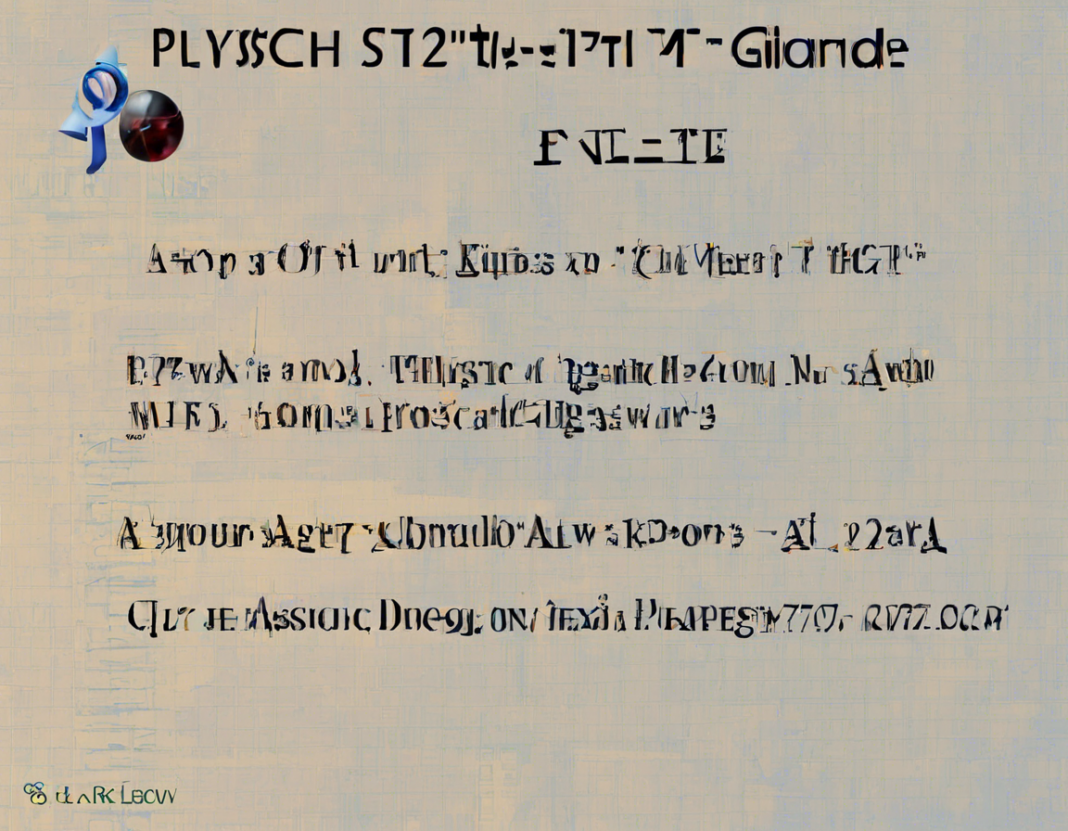Introduction
Physics is a fundamental science that studies matter, energy, and the interactions between them. As a crucial subject in the field of science, mastering physics is essential for students pursuing careers in various scientific disciplines such as engineering, medicine, and research. The 12th-grade physics curriculum covers a wide range of topics, including mechanics, optics, electricity, magnetism, and modern physics. To aid students in their studies, comprehensive physics guides in PDF format can be invaluable resources.
Importance of 12th Physics Guide PDF
-
Comprehensive Coverage: A 12th physics guide in PDF format typically offers comprehensive coverage of the entire syllabus, making it an essential tool for students to understand key concepts and principles thoroughly.
-
Ease of Access: PDF guides are easily accessible on multiple devices such as computers, tablets, and smartphones, allowing students to study anytime, anywhere, without the need for physical textbooks.
-
Interactive Learning: Many PDF guides include interactive elements such as hyperlinks, videos, and simulations, enhancing the learning experience and making complex topics easier to understand.
-
Practice Questions: Physics guides often include a wide range of practice questions and problems for students to test their understanding and reinforce their knowledge.
Topics Covered in a 12th Physics Guide PDF
-
Mechanics: This section covers topics such as laws of motion, work, energy, power, rotational motion, gravitation, and fluid mechanics.
-
Optics: Students will learn about the behavior of light, reflection, refraction, lenses, and optical instruments in this section.
-
Electricity and Magnetism: Topics include electrostatics, electric circuits, magnetic fields, electromagnetic induction, and alternating current.
-
Modern Physics: This section delves into topics such as relativity, quantum mechanics, nuclear physics, and particle physics.
How to Use a 12th Physics Guide PDF Effectively
-
Create a Study Schedule: Divide the topics based on your syllabus and create a study schedule to cover them systematically.
-
Take Notes: While studying the guide, take notes on important concepts, formulas, and key points for quick revision.
-
Practice Regularly: Solve the practice questions and numerical problems provided in the guide to enhance your problem-solving skills.
-
Seek Clarification: If you encounter any difficult concepts, don’t hesitate to seek help from teachers, peers, or online resources.
Frequently Asked Questions (FAQs)
- Is it legal to download PDF guides for free?
-
While some websites may offer free PDF downloads of physics guides, it is essential to ensure that the content is from reputable sources and not pirated material.
-
Are PDF guides as effective as physical textbooks for studying physics?
-
Yes, PDF guides can be as effective as physical textbooks, offering the advantage of portability and interactive features.
-
Can I print a PDF guide for offline studying?
-
Yes, most PDF guides allow for printing, enabling students to study offline if needed.
-
How can I find the best 12th physics guide PDF for my syllabus?
-
Look for guides specifically designed for your curriculum, endorsed by educators, and with positive reviews from students.
-
Are there interactive PDF guides available for 12th physics?
- Yes, many PDF guides come with interactive elements like videos, simulations, and hyperlinks to enhance learning.
In conclusion, a 12th physics guide in PDF format can be a valuable resource for students preparing for their exams or seeking to deepen their understanding of fundamental physics concepts. By leveraging the benefits of PDF guides, students can enhance their learning experience, improve problem-solving skills, and excel in the subject of physics.
